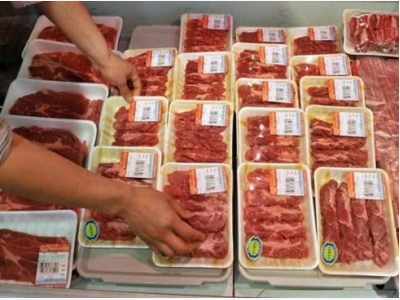Vietnam-US address key pork trade issues

Following the recent visit by Vietnam Prime Minister Nguyen Xuan Phuc to the US and meetings with President Trump, plans have been unveiled to enhance political, diplomatic, economic and trade relations on many fronts.
Included in the topics were two key trade access issues for US pork exports to the Southeast Asian country involving the use of veterinary drugs and those pertaining to entrails and internal organs.
Regarding veterinary drugs, Vietnam will not issue a circular, as previously announced, implementing a zero-tolerance policy on residues for multiple veterinary drug, many of which are used in US pork production.
Instead, Vietnam agreed to follow US food safety standards and abide by the maximum residue limits (MRLs) set by the UN Codex Alimentarius Commission.
An MRL as defined by the UN Commission is the highest concentration of a chemical residue that is permitted or accepted in a food (in this case pork) and is based on good agricultural and chemical use practices.
The Vietnam government agreed that it would continue to allow imports of pork and beef from US producers that meet with UN Codex MRLs, which aligns the two countries policies related to food safety concerns.
Additionally, it was agreed that the two countries would continue to work to seek an agreement to resolve issues that currently prevent the import of pork white offal (the brains, teats, marrow, testicles, feet, head, tripe, caul and sweetbreads) from the US into Vietnam commerce.
Related news
 Vietnam’s sugar inventory: Not so sweet
Vietnam’s sugar inventory: Not so sweet The Vietnam Sugarcane and Sugar Association (VSSA) has requested state authorities to take suitable measures to deal with sugar stocks and promote
 Rice traders cleared to ship rice to exclusive markets
Rice traders cleared to ship rice to exclusive markets The Vietnam Food Association (VFA) has just lifted its ban on shipping rice to the so-called exclusive markets by traders other than its affiliates Vinafood
 Vietnam tea exports continue to look bleak for 2017
Vietnam tea exports continue to look bleak for 2017 Global sales from tea exports continued a downward trajectory for the fifth consecutive year in 2016, dropping an average of 9.5% annually from US$7.2 billion